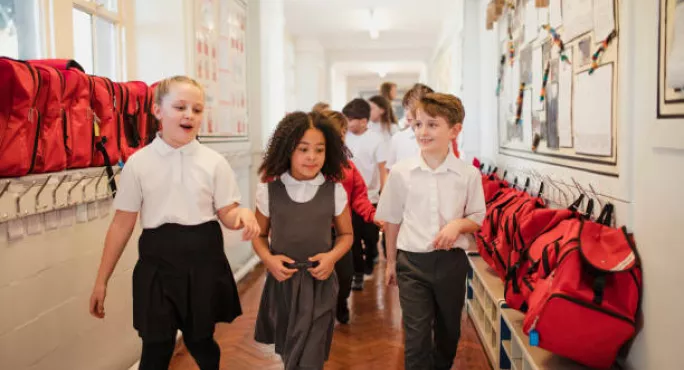Scrapping primary school maths groups that separate children based on their ability would improve overall achievement and encourage more girls to pursue the subject, new research suggests.
Studies by the London School of Economics (LSE) found that children placed in lower-ability groups at the age of 7 developed a negative “self-concept” that affected their future education.
This view impacted on the children’s learning behaviours, subject choice and specialisms, attainment and adult careers, the studies found.
Read: England’s pupils among the most segregated by ability
Opinion: ‘Grouping primary children by ability is indefensible’
Classroom practice: The 12 dos and don’ts of setting
The research, funded by the British Academy, analysed data for 4,463 children from the Millennium Cohort Study - 2,299 girls and 2,164 boys.
The impact of maths ability grouping in primary school
It used information on the ability-based group that children were placed in at age 7, teachers’ judgments of the children’s maths at age 7 and the children’s own reports of whether they were good at maths four years later at age 11.
At age 11, 13 per cent of children said they were not good at maths - 16 per cent of girls and 9 per cent of boys.
Some 15 per cent of all girls and boys who were placed in the bottom ability group at age 7 thought they were not good at maths at age 11, compared with 7 per cent of children placed in the top group.
All boys placed in the top group at age 7 had very low chances of negative maths self-concept at 11, regardless of their maths skills.
In contrast, only high-scoring girls placed in the highest-ability group had a positive maths self-concept at 11.
All girls judged as “below average” by their teacher at 7 were likely to have negative maths self-concept at 11, even if they scored high marks in the maths cognitive tests.
The study concludes: “This research finds that bottom maths ‘ability’ group placement seems to disadvantage all children, even if they have the same maths scores at 7 as high-grouped peers.
“At 7, children’s skills and self-concepts are rapidly developing.
“Relegating children to a hierarchy of groupings at this premature stage can alter and shape their educational trajectories.
“These substantial associations between both ‘ability’-grouping and teacher judgements, and maths self-concept four years later, show that both are feasibly instrumental in forming primary children’s maths self-concept in ways that vary by gender.
“Therefore, both should be considered as sites for intervention which could boost maths progression and contribute to closing gender gaps.”
Dr Tammy Campbell, of LSE’s Centre for Analysis of Social Exclusion, said that the findings were particularly important for girls, as girls and women are underrepresented in subjects related to maths.
“This research indicates that the messages children receive in early primary school about their capabilities and potential can have a long-lasting effect on their views of themselves,” she said.
“We know that self-concept plays an important part in children’s progress and choices, so it is crucial for schools to consider how their policies, practices and messages, including those on ‘ability’ grouping, impact pupils’ wellbeing and academic progress.”





